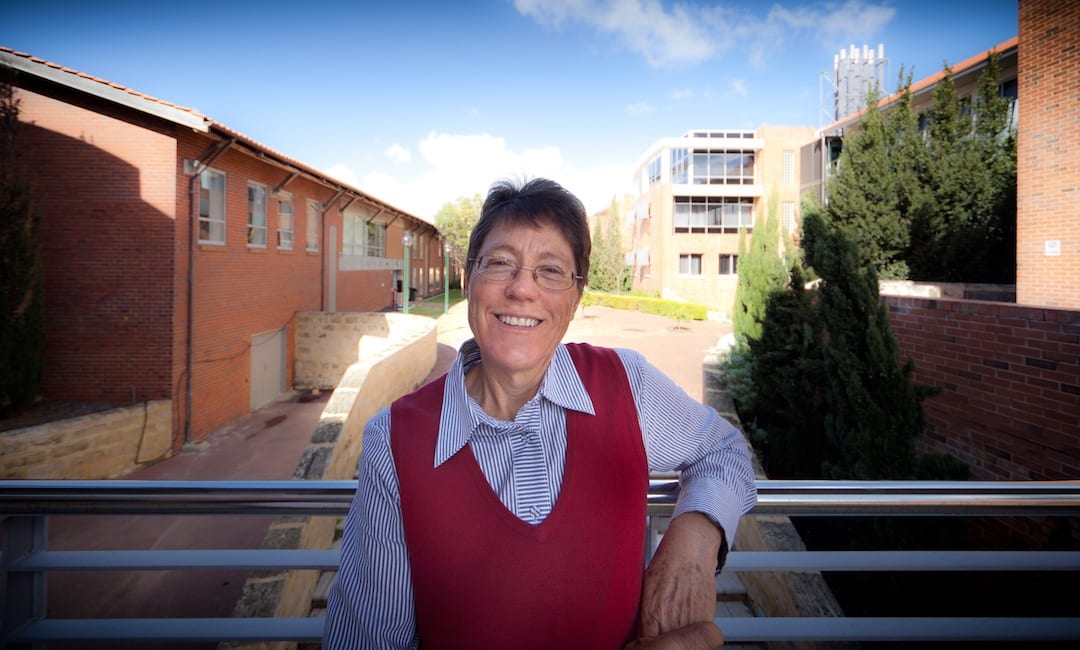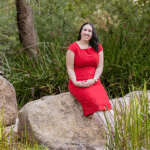Research into health issues facing Lesbian, Gay, Bisexual, Trans and Intersex people is slowly making its way into mainstream journals, a Curtin University academic has found.
 In LGBTI Health Research: Challenges and Ways Forward, School of Public Health lecturer Jude Comfort concludes the mainstream research community has moved from greeting LGBTI research with silence, to printing and occasionally celebrating it.
In LGBTI Health Research: Challenges and Ways Forward, School of Public Health lecturer Jude Comfort concludes the mainstream research community has moved from greeting LGBTI research with silence, to printing and occasionally celebrating it.
However, Ms Comfort notes that working in LGBTI health is still fringe research.
As an example of how Curtin staff are working to make tomorrow better, Ms Comfort proposes several ways to bring LGBTI research into the mainstream.
“In the health area, research can highlight the health inequities that many LGBTI people experience,” she told Curtin News.
“There are some specialist LGBTI publications but we’d like to see easier acceptance in mainstream publications – because if social change is to happen that’s where it will have greater impact.”
Ms Comfort said she was fortunate to work at Curtin’s WA Centre for Health Promotion Research – one of a handful of university departments nationally to have built reputations as specialist LGBTI research facilities.
“A lot of people would say there has been positive social change around LGBTI issues and that surely in 2011 they are no longer issues that need to be looked at as special cases,” she said.
“For these people, LGBTI research is not even on their radar.
“While there has been increased acceptance around some gay issues, we still have a long way to go.
“Universities are in a unique position to encourage research that will help everyone understand the social determinants at play for this minority group.”
Ms Comfort said a common, misconceived, assumption was that all LGBTI researchers were gay.
Many such academics found themselves pigeon holed as ‘gay’ researchers and suddenly considered an expert on all things LGBTI.
The paper noted such researchers often worked alone and may start to feel like ‘the only gay in the village‘ in their university departments.
“One of the difficulties of working in the area is that often you do have to present a very personal side of yourself, or people read that into your script,” Ms Comfort said.
“Most researchers would never, ever come under such scrutiny.”
She said the challenges of getting LGBTI research into mainstream publications affected the prestige of the work.
However, Western Australia’s position – as the only state where all public universities had an Ally program to foster a culture inclusive of sexual and gender diversity – was a big plus.
“I think that’s the other side that universities can be cutting edge in,” Ms Comfort said.
“If universities can’t be safe spaces for LGBTI students and staff to be, then we really need to address that.”
Curtin University was recently named one of Australia’s best 10 workplaces for LGBT people.
PHOTOGRAPHY: SAM PROCTOR



